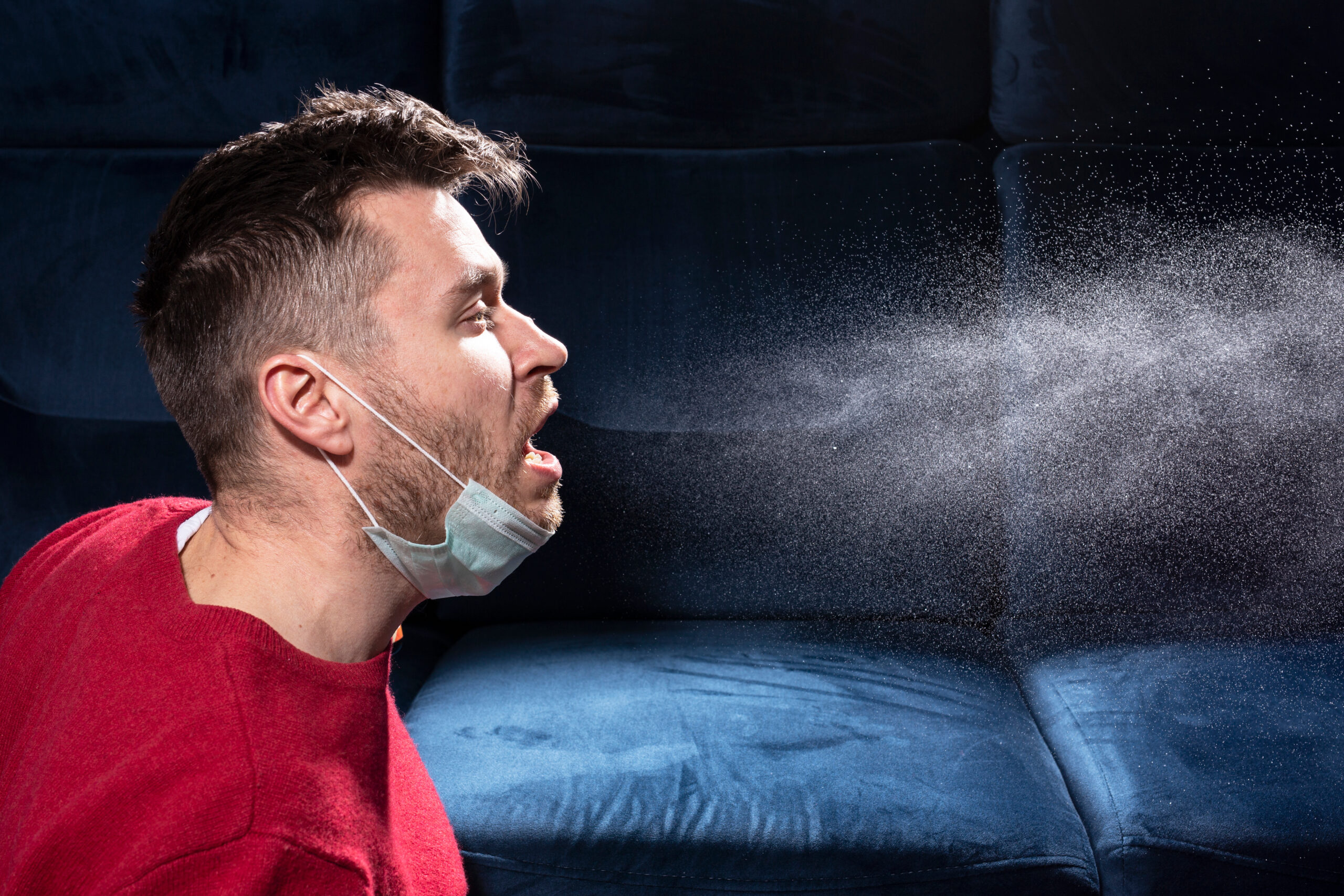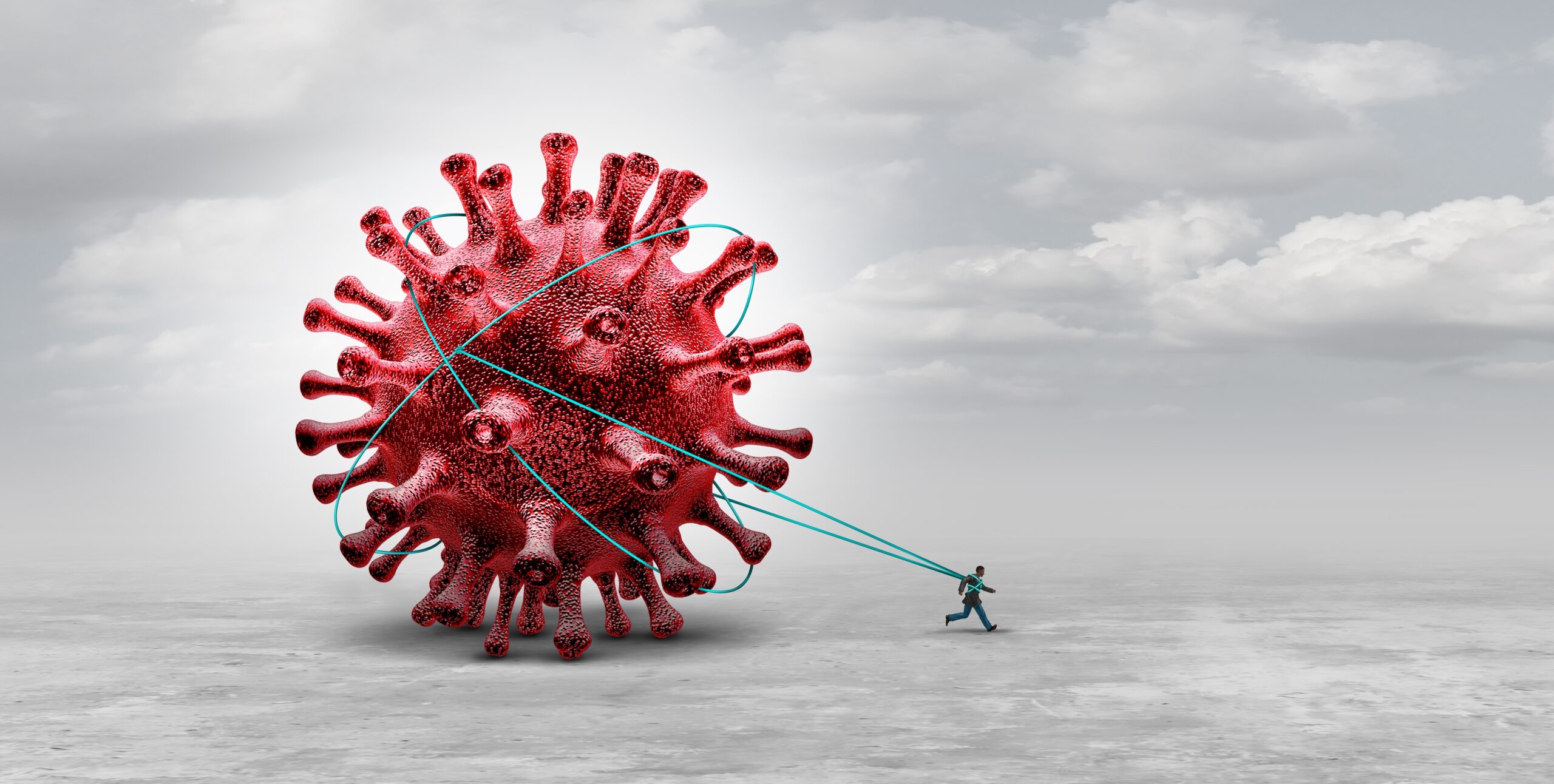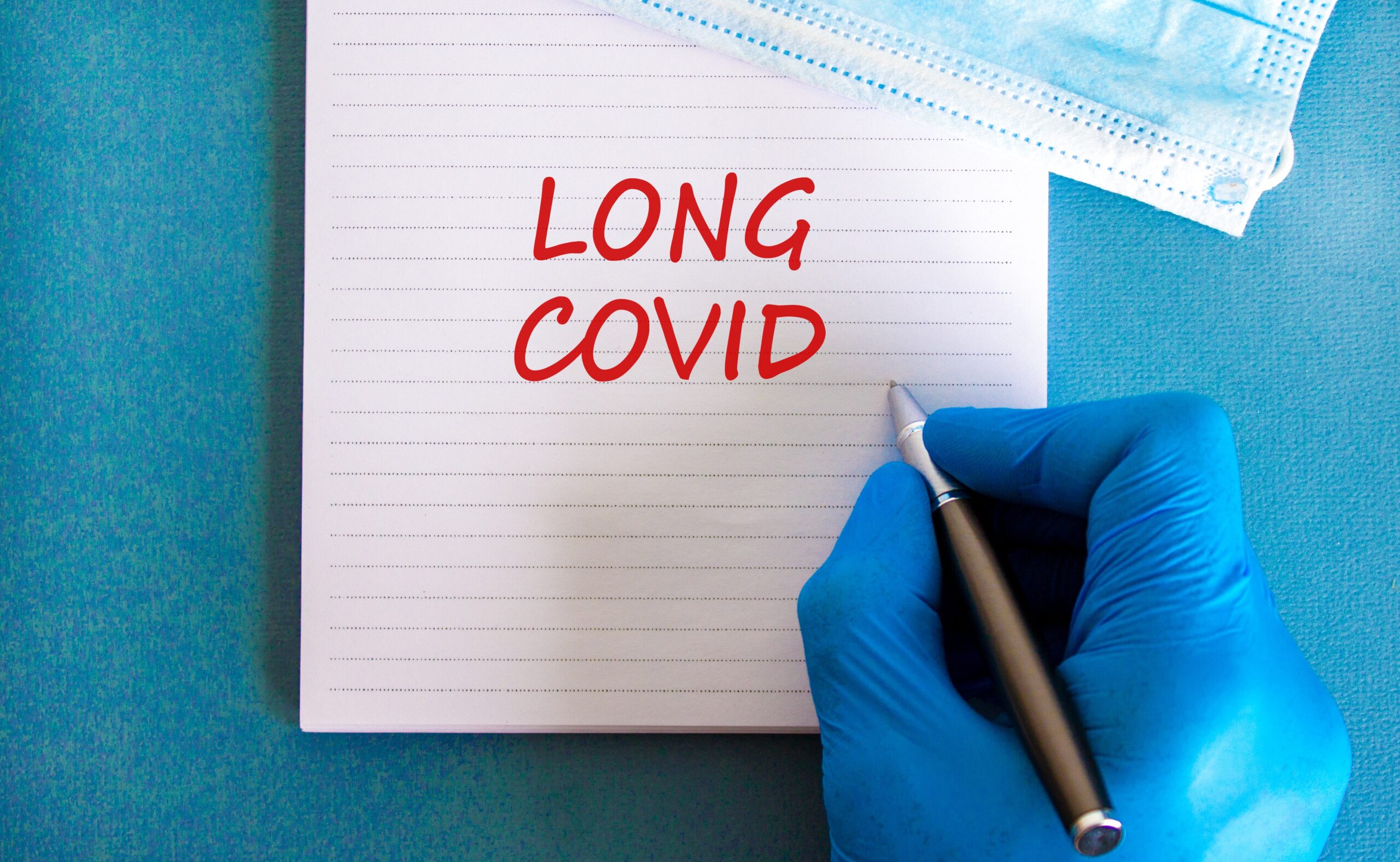Now live! RTHM Direct – simplified medication access for Long COVID, ME/CFS and related conditions. Check it out
Long COVID, also known as Post-Acute Sequelae of SARS-CoV-2 infection (PASC), is a condition where individuals continue to experience symptoms or develop new ones months after their initial recovery from COVID-19. This condition, characterized by lingering symptoms long after the acute phase of the virus, has raised many questions. One of the most common is: Are you contagious with Long COVID? Our current understanding says those with Long COVID do not spread the virus, but it is possible to get COVID-19 again with Long COVID, so it is important to take precautions.
Let’s delve into the latest research into Long COVID and its infectiousness.
Are Long COVID Patients Contagious?
The short answer is: not usually. According to current understanding, Long COVID is not a continuation of the infectious phase of the virus. Instead, it’s a prolonged response to the virus, often characterized by inflammation and other immune system reactions.
- Understanding Infectiousness
Infectiousness is typically linked to the presence of the virus in the body. In the acute phase of COVID-19, the virus is present and can be spread to others. However, in Long COVID, it is believed that the active virus is no longer present in the body (although viral persistence in reservoirs is one possible mechanism being studied, the presence of the virus does not usually mean contagious), and the individual is not considered contagious.
- Persistent Positive Tests
In rare cases, some individuals with Long COVID have reported persistently positive PCR or antigen tests. However, this does not necessarily mean the person is still infectious. It’s possible that in some cases, remnants of the virus may linger in the body, leading to a positive test result. However, these remnants are typically not capable of spreading infection.
- Importance of Precautions
While individuals with Long COVID are not typically contagious, it’s still important to follow public health guidelines to prevent the spread of COVID-19. This includes getting vaccinated, wearing masks, and practicing good hand hygiene. Given the fact that those with Long COVID may already be experiencing symptoms similar to an active COVID-19 infection, a SARS-CoV-2 reinfection may not change your current symptoms. Unfortunately, this new infection means you ARE NOW contagious once again.
Understanding When and How You Are Contagious Is Important
Long COVID is a complex and evolving condition. While it can cause a range of persistent symptoms, current evidence suggests that individuals with Long COVID are not typically contagious. However, it’s always important to follow public health guidelines to prevent the spread of COVID-19, as reinfection can make you contagious again, as well as potentially worsen your current Long COVID symptoms.
If you’re experiencing persistent symptoms after recovering from COVID-19, it’s essential to seek medical attention as soon as possible. Long COVID is a real condition, and understanding it is key to managing symptoms and improving quality of life.
If you are looking for Long COVID care that is based on up-to-date research and clinical trials, the team of clinicians at RTHM offers telehealth care options that provide a comprehensive assessment of your health concerns, a partnership in learning what works for you, and the adaptability to try the newest available Long COVID therapies. Learn more at How It Works.
Stay tuned for more updates as research continues to unravel the mysteries of Long COVID.

Get updates
Join our mailing list



